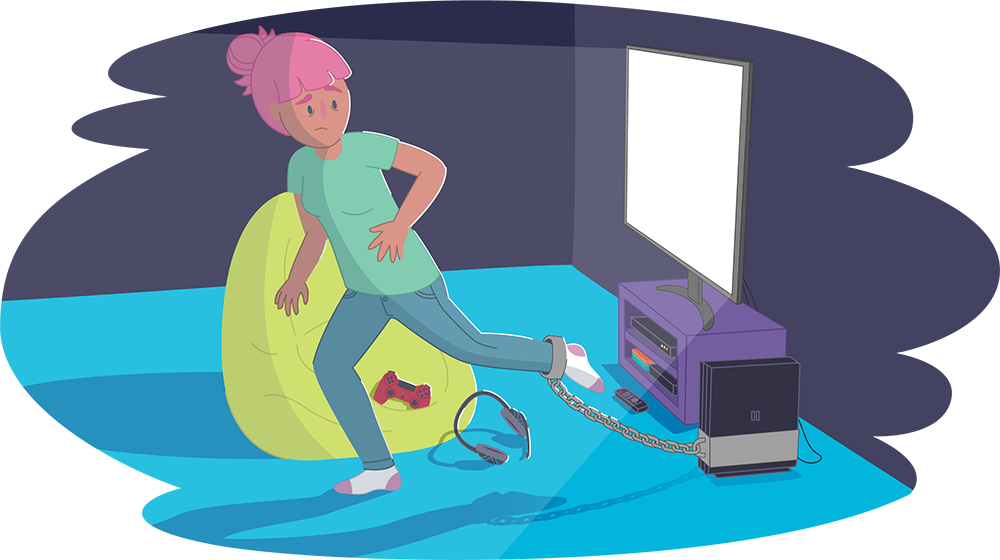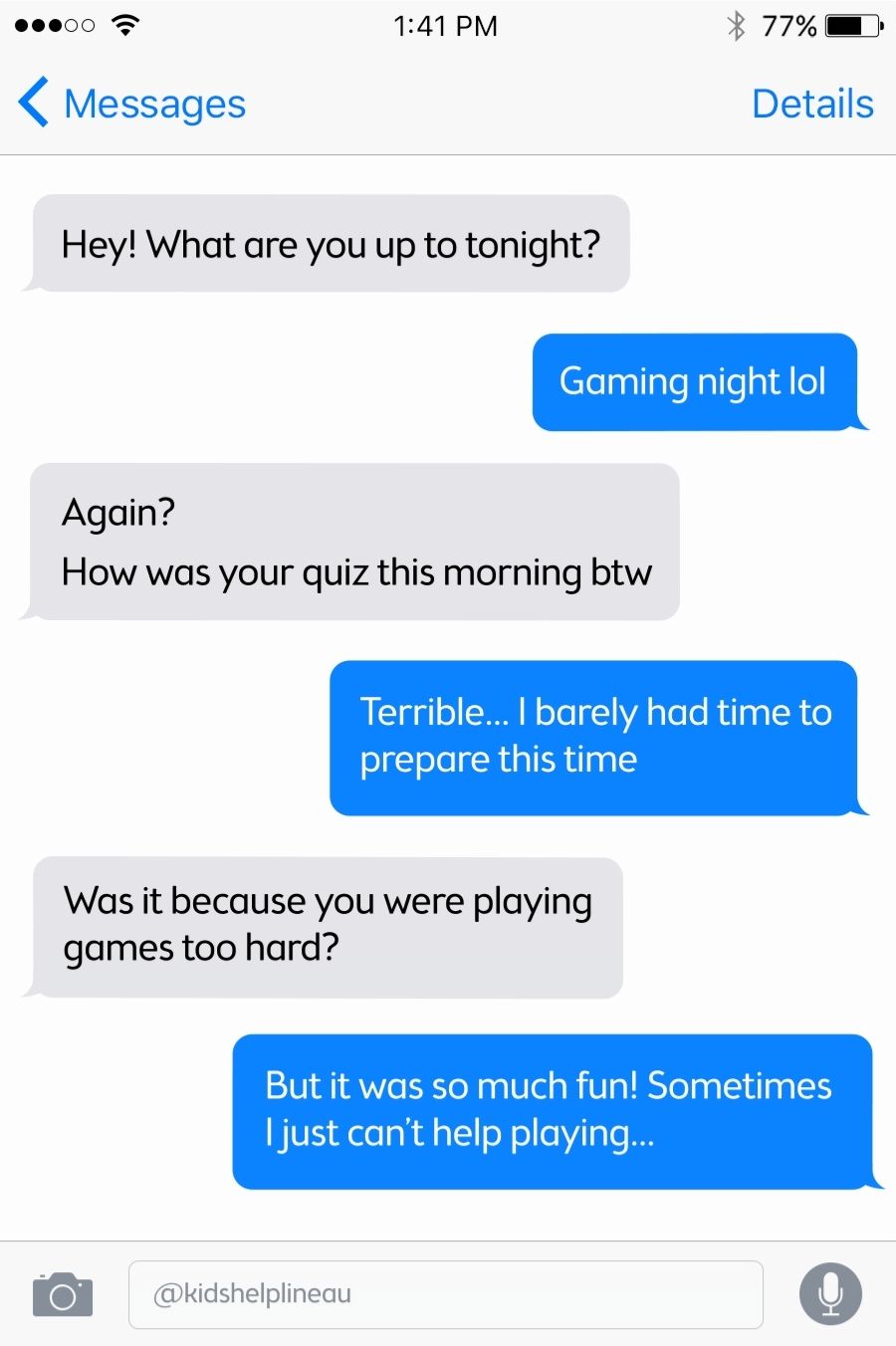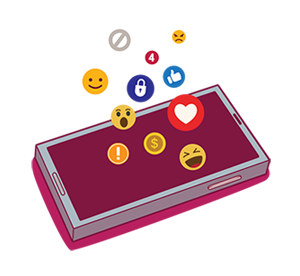Online gaming - is this bullying?
Online gaming is lots of fun most of the time, but sometimes ...
READ MEWorried that your online gaming is becoming an issue? Here’s what you need to know about gaming addiction.

For most people gaming is not a problem and may never be one.
But for a very small amount of people it may become a problem or an addiction.
Research is looking into whether this is an actual disorder (Gaming Disorder).
The difference between healthy gaming and addiction is the negative impact it is having on your life.
It’s important to recognise the warning signs and start to make a change.
Most online games are designed to keep you hooked or might meet some needs that you’re not getting in real life. Some things games do to keep you hooked or meet your needs include:
Rewarding you for playing
Helping you to relax or have fun
Connecting you to a community
Making you feel part of a team
Helping you cope with problems
Giving you a sense of belonging
Creating a unique identity or profile
Helping you dull emotional or physical pain
Giving you a sense of achievement or success
Providing you with a purpose or goals to work towards
Giving you an escape from stress or issues in your life
Creating an environment where you feel safe and in control
Giving you the thrill of being in a fantasy world or a part of a complex story
Allowing in-game purchases to keep you online or to give you an advantage so you keep playing
"Gaming became the most important thing in my life and it was pretty much all I was doing to the point it was affecting my health, sleep, friendships, everything!"
It’s not really about how much you play, it’s about how much gaming is causing you distress and how much it’s impacting your life. If it’s affecting any of these areas of your life it might be a problem:

Some signs that your gaming might become a problem are:
Playing even though you’re no longer enjoying it
Continuing to play even though it’s causing you problems
Inability to reduce playing or unsuccessful attempts to quit
Preoccupation with gaming, even when you’re not playing
Needing to spend more and more time playing to satisfy the urge
Using gaming to relieve or cope with problems or negative feelings
Feeling unable to focus on other activities when you’re not gaming
Having risked or lost friends, a job or an opportunity because of gaming
Having problems or arguments with family, friends, or your partner
Lying to people close to you about how much time you spend playing
Feeling sad, angry, moody, anxious or irritable when you can’t play
Neglecting responsibilities and activities that are important or you enjoy
Having problems at home or work or with study because of your gaming
Craving more time to play to get game items, make progress or improve your status
If you experience a few of the above warning signs, you may have a problem with gaming. It’s important to seek help.
Online gaming - is this bullying?
Online gaming is lots of fun most of the time, but sometimes ...
READ MELooking after yourself
If you’re juggling lots of things like work, study and relationships, ...
READ MECyberbullying
If you’re experiencing cyberbullying you’re not alone. It can be ...
READ MEHow to ask for help
Sometimes we need help but we're not able to ask for it. ...
READ ME
Talking helps! We’re here for you.
No problem is too big or too small.
We're here 24 hours a day, 7 days a week